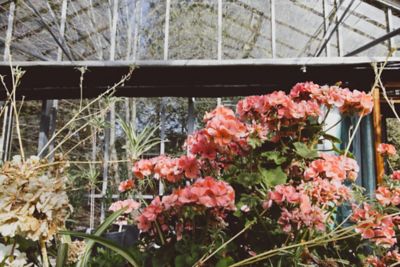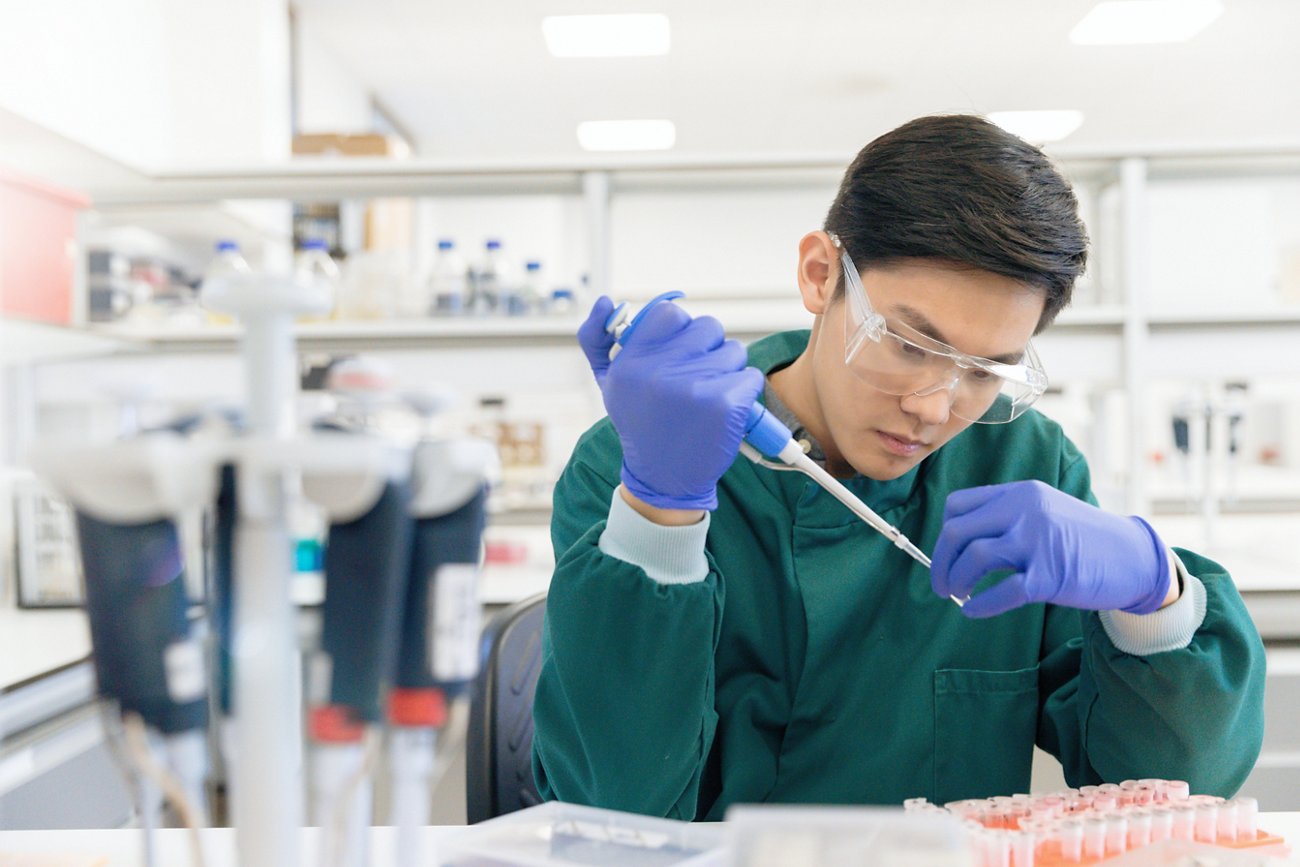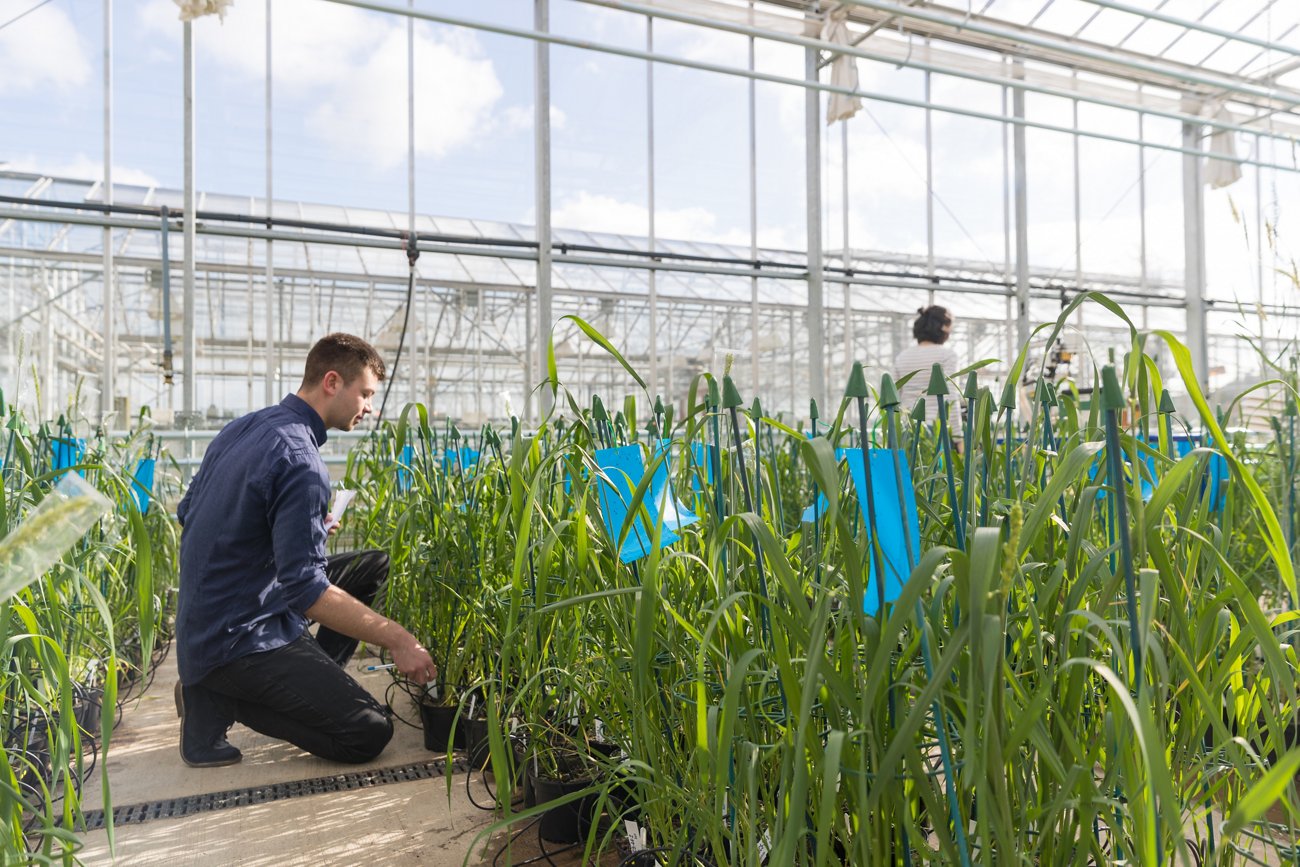
Assistant Professor Susannah Lydon tells us about the topics she will teach you and what support you can expect to receive from lecturers during your studies.
What are your research interests?
My background is in palaeobiology: the study of fossil plants and what they can tell us about life on our planet through deep time. My particular interest is the plants in the Mesozoic era – the age of dinosaurs – and before the flowering plants which now dominate our planet took over. I spent my PhD identifying and describing plant mesofossils from Lower Cretaceous rocks in Dorset and the Isle of Wight: a bit like studying fossil tea-leaves.
What topics do you teach on our undergraduate courses?
I teach 'Environmental Geoscience' in first year to the environmental science students. I also teach on modules like 'Ecology' and 'Environmental Science and Society' to all three courses, and 'Introduction to Plant Science' to the first year plant science students. In year two I teach 'The Green Planet', bits of 'Forest Ecology' and fieldwork skills, and in year three I teach 'Palaeobiology'. I also teach an MSci module in science communication to all the students who stay on for the integrated masters year four.
What support can students expect to receive during their studies?
It really varies – we are always happy to answer questions at the beginning and end of lectures, by email and on Microsoft Teams. A lot of these modules have practicals or fieldwork, so as well as a couple of hours of lectures each week, you will be learning through looking at rocks or plants with us to guide you. It tends to be the practical sessions where we really get to know our students.
What do you think are the highlights of these courses at Nottingham?
All of the different optional elements: study abroad, year in industry, year in computer science and MSci integrated masters. You don’t have to decide on any of those things until you are here at Nottingham, and know a bit more about it all. Then you can transfer onto the options you wish to take.
What advice would you give to students who are planning to study plant or environmental science?
Follow your passions! All of our courses have a core first year, and then allow you to specialise as you move through your degree. This means that while you will still have a broad degree, you’ll be able to study the things that interest you particularly.

I chose Nottingham as this is the largest community of plant and crop researchers in the UK with access to amazing resources such as the Hounsfield facility where the ‘hidden half’ of plants is revealed by CT-Scanners. I’ve covered everything from molecular biology and how plants sense their environment to plant pathology, all of which I’ve loved.
Current student
Plant Biology BSc


